 The Landlord’S Guide To Hard Water Protecting Boilers And Appliances From Limescale
The Landlord’S Guide To Hard Water Protecting Boilers And Appliances From Limescale
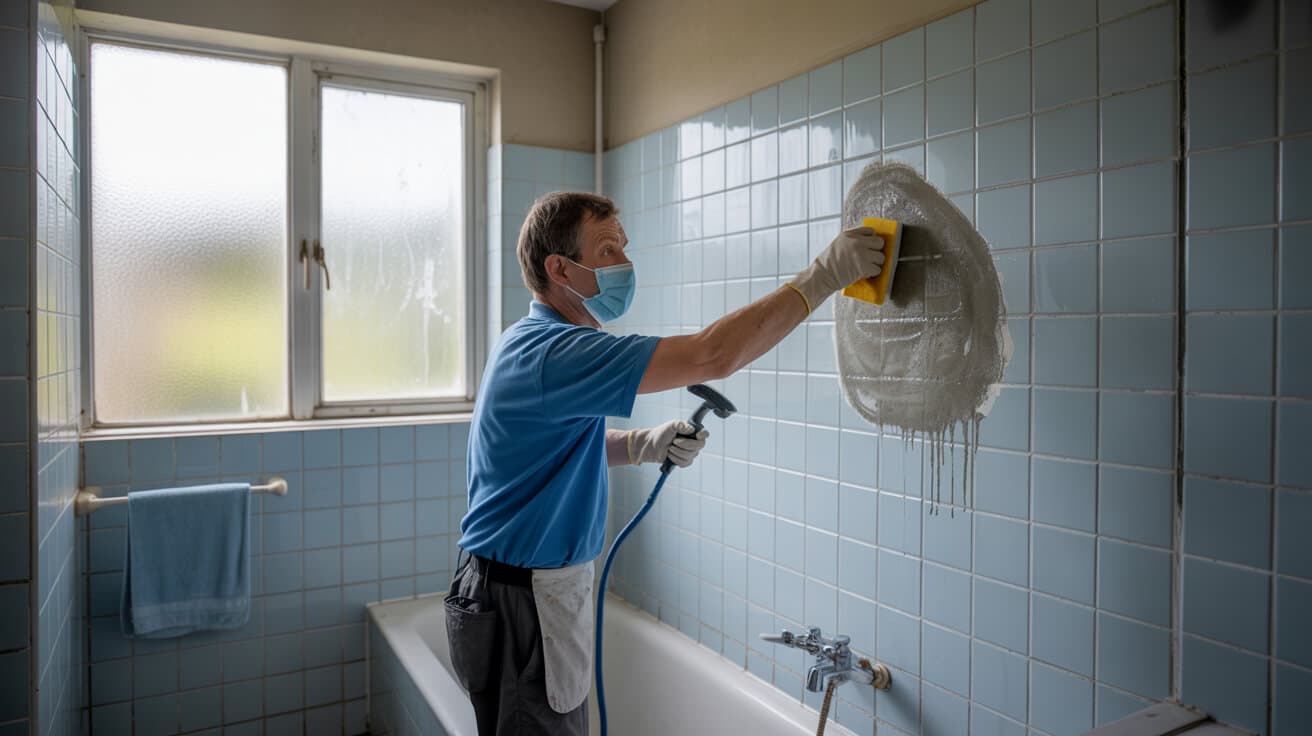
Is Hard Water Quietly Undermining Your Rental Property’s Health?
When did you last think about the water running through your rental property’s pipes? If your answer is, “Not recently,” you’re not alone—but that choice might be eating into your profits and peace of mind. Hard water, loaded with minerals like calcium and magnesium, is more than just an inconvenience. In areas like London, the South East, and big stretches of the Midlands, it silently chews away at the efficiency, comfort, and reputation of thousands of rental properties each year.
Every drop that passes through your system leaves behind a little limescale. At first, it shows up as a stubborn cloud on taps or a crust in the kettle. But under the surface—inside boilers, behind shower panels, within washing machines—this residue hardens, chokes, and stresses your infrastructure. Landlords often overlook those warning signs: a noisy boiler, slower hot water, or the telltale film on glassware. Tenants get used to it—until comfort drops, complaints mount, or appliances fail. There’s a reason so many repair bills land with a thud after a period of “it seemed fine.”
What you don’t see in your pipes could be costing you more than what’s in plain sight.
Letting hard water run unchecked invites rising costs, stressed tenants, and unnecessary disputes. If you want a property that maintains its value, and tenants who stick around, proactive maintenance isn’t just another line item—it’s a strategic move against silent, compounding damage.
How Does Limescale Form, and Why Is It Destructive for Landlords?
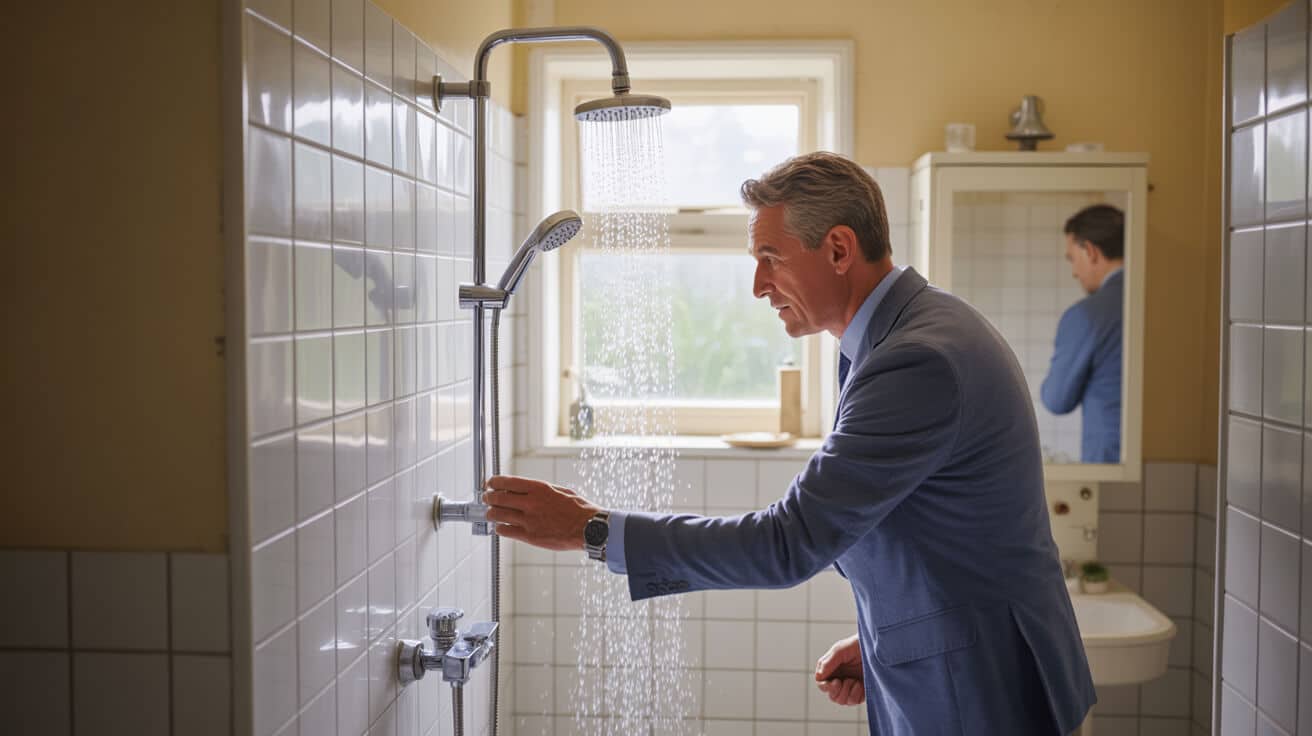
If you’ve ever scraped the chalk from a kettle or felt the grit on a shower head, you’ve met limescale. It forms at the intersection of water and heat. Every time your hot water tank fires up or your washing machine runs a cycle, dissolved minerals get left behind. Layers start thin, barely noticeable. But month after month, they thicken and work their way deeper.
The visible effects aren’t the real hazard; it’s what’s going on inside your boiler, pipes, or water heater that should grab your attention. Inside heat exchangers, as little as a 1 mm layer of limescale can slash heating efficiency by 10% or more (Argos Support). That translates directly to higher energy bills and shortens the life of every component involved in water heating. It’s not just about cost—limescale can trigger a chain reaction (the “Cascading Failure Effect”): strain in one area ramps up stress elsewhere, leading to a wave of faults.
All Services 4U engineers tell the same storey: in hard water postcodes, appliances are replaced up to 30% sooner when no preventive action is taken. maintenance logs reveal a steady uptick in “serial failures”—a faulty valve that follows a scaled-up boiler, or pipe blockages that turn into emergency callouts.
The smallest deposit in the system can quietly multiply your risk, costs, and headaches.
Skipping regular scale checks isn’t saving anything—it’s setting up more expensive problems for the future.
What Are the Real Costs of Limescale to Landlords and Tenants?
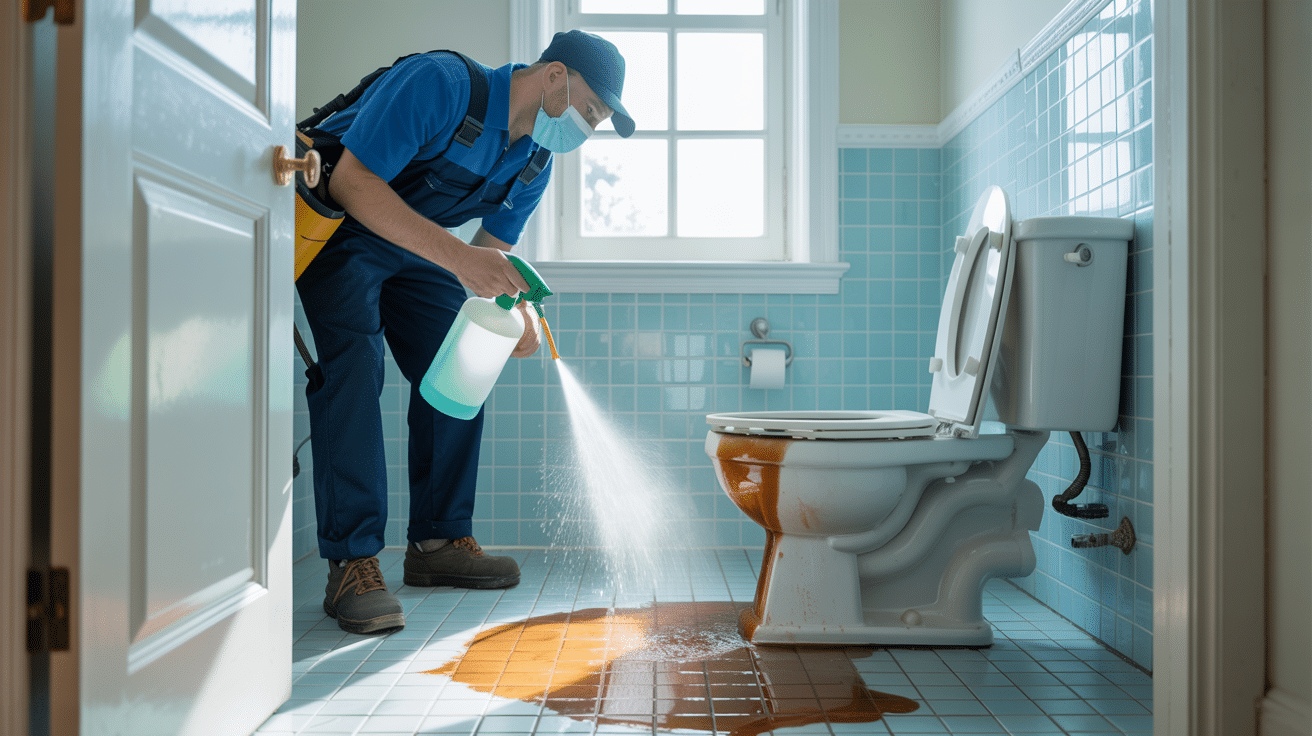
People often shrug off limescale as “just cosmetic.” But the price of ignoring it stacks up fast, and the burdens rarely hit just the landlord.
- Surging energy bills: Limescale forces boilers and heaters to work overtime, burning through more gas or electricity. Tenants see swelling utility bills; landlords get complaints and late-night callouts ([Activ-Tec]).
- Shortened appliance lifespan: Washing machines, dishwashers, and kettles clogged with scale break down faster, need more repairs, and fail to meet warranty conditions if service records are lacking.
- Emergency risk: Blockages, faulty valves, and overheating increase the risk of breakdowns—often in the dead of winter, or when you least expect it.
- Higher turnover, more disputes: Comfort issues erode trust, speed up tenant turnover, and trigger end-of-tenancy headaches. More landlords now face disputes over what constitutes “fair wear and tear” versus neglect.
- Financial exposure: Unchecked hard water damage leaves you exposed in deposit arguments and negotiations over appliance replacements.
Skip prevention and, statistically, your property faces 35% more unplanned repair events annually. Every pound saved by ignoring maintenance usually returns as several more in emergency fixes, lost rent, and uncomfortable conversations about costs.
Limescale isn’t just an engineering issue—it’s a trust issue for your brand and a drain on your budget.
Keeping up is always cheaper (and less painful) than catching up.
Who Is Responsible for Limescale Prevention—Landlord or Tenant?
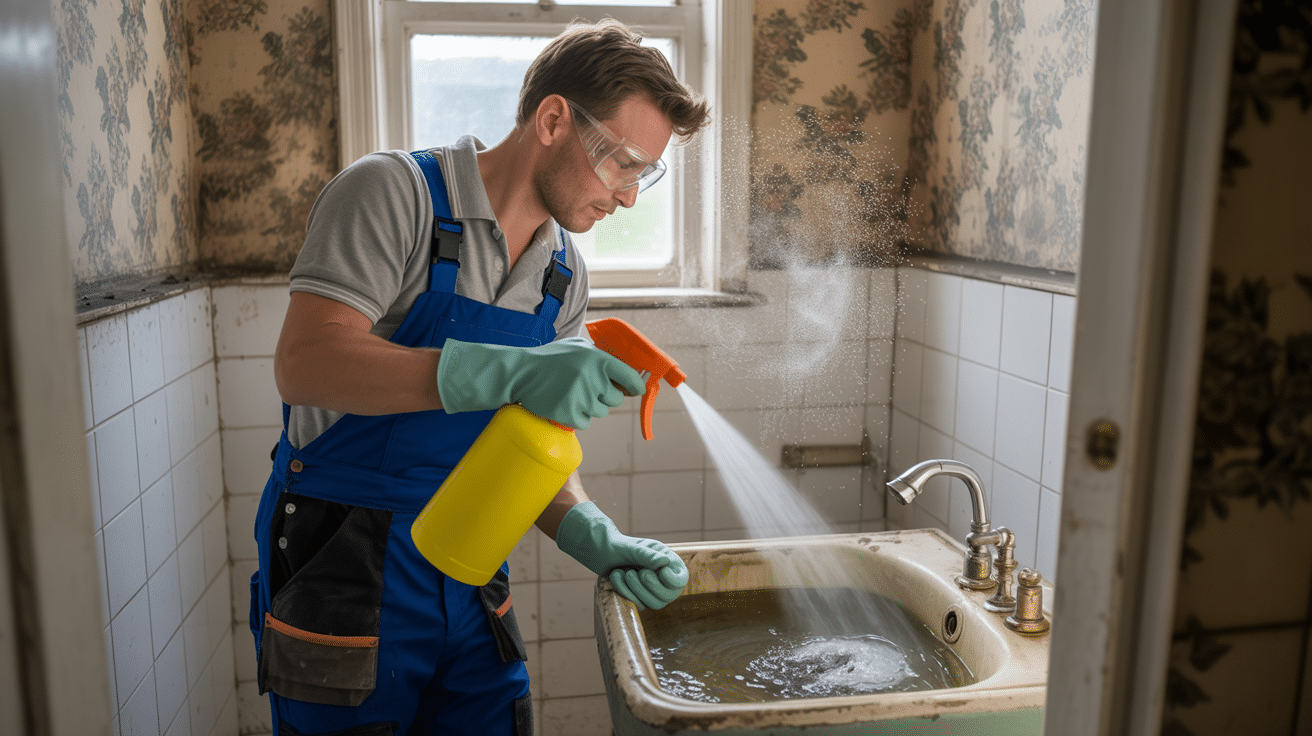
Legal clarity is your greatest friend here. The Landlord and Tenant Act 1985, plus recent clarifications from bodies like the NRLA, say landlords must maintain all supply systems—water, heating, electrics, drains—plus all “white goods” provided. That means you own responsibility for boilers, water heaters, and anything behind a panel or under the floorboards. Tenants are tasked with “reasonable care,” cleaning fixtures they can reach. They’re not expected—nor legally allowed—to dismantle appliances or service heating systems.
Disputes flare up when tenancy agreements are vague or maintenance goes undocumented. If you want to avoid costly deposit fights, set clear boundaries in agreements and keep airtight records. All Services 4U logs every maintenance visit, engineer task, and before/after result in a digital system accessible during any checkout or complaint scenario.
Responsibility documented is leverage gained; without it, even the fairest landlord can lose a dispute.
What Preventive Routine Should Every Landlord Prioritise?
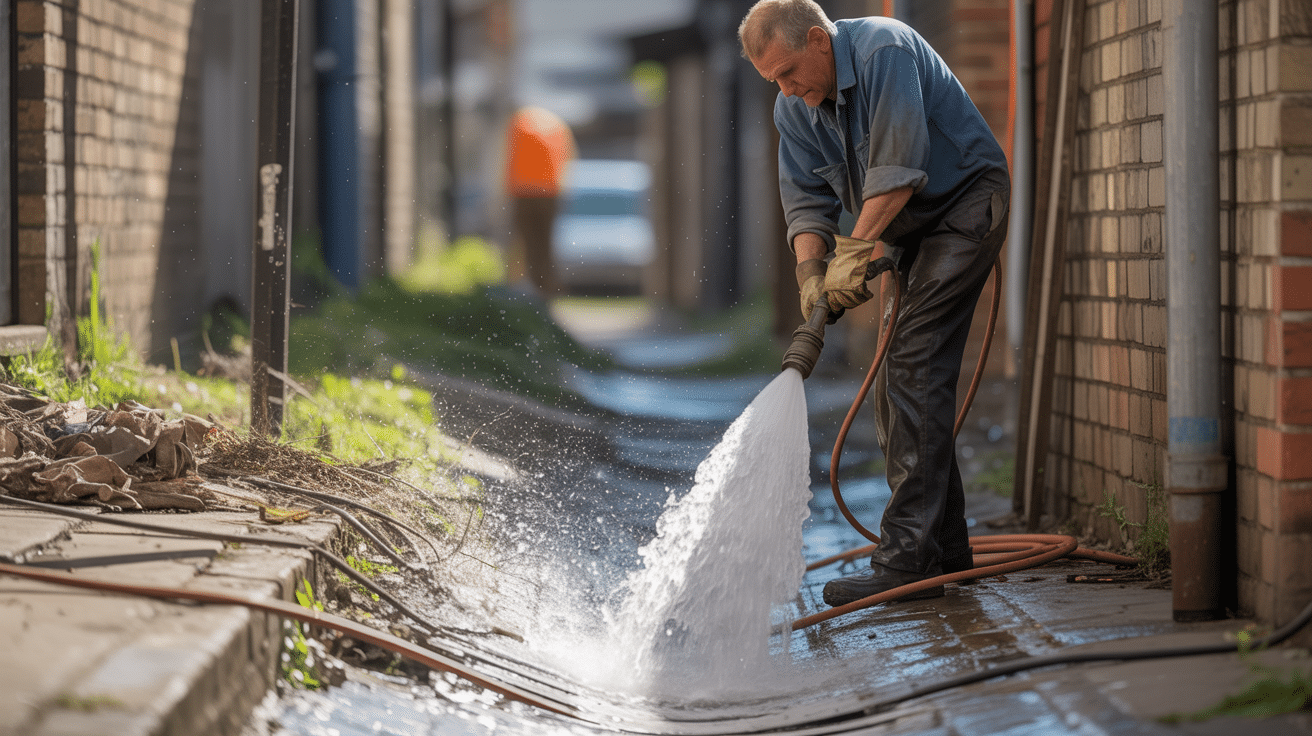
Fixing is always more expensive than preventing. Here’s a recommended defensive playbook for hard water zones:
- Monthly appliance and pipe inspections: Look for visible limescale, corrosion, or sluggish flow.
- Regular appliance descaling: Kettles, washing machines, and electric showers need descaling every 1-3 months, in line with local water hardness.
- Annual professional boiler service: Go beyond the required gas safety check; ensure engineers inspect for scaling and record their findings.
- Systematic water testing: When tenants move in, or whenever performance drops unexpectedly, test and log water quality.
- Seasonal and end-of-tenancy inspections: Back up maintenance claims with photo evidence and clear checklists.
With All Services 4U, you get automated reminders for every service, plus a digital log so nothing gets missed or forgotten. Being proactive means fewer emergencies, more predictable costs, and less friction with tenants.
Let maintenance slip and you’re betting with your asset—odds that rarely pay out for landlords.
Which Water Treatment Options Give UK Landlords an Advantage?
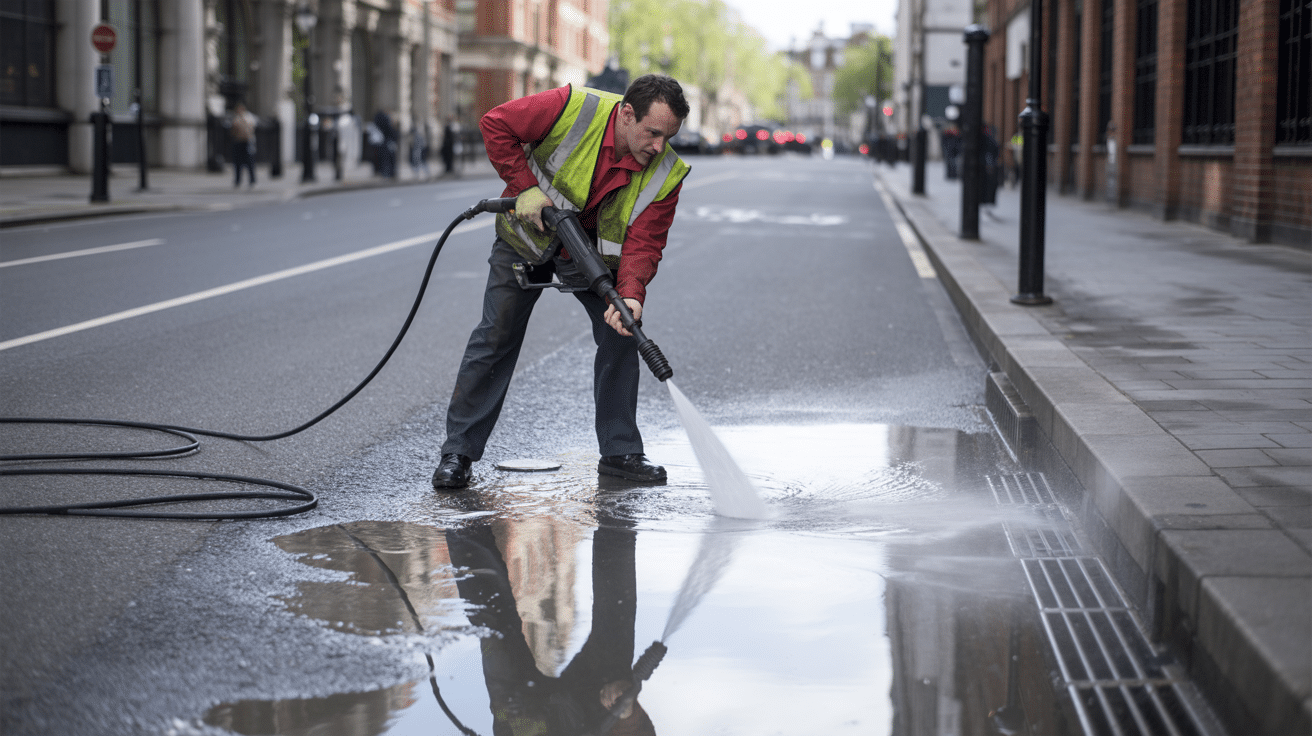
“Quick fix” gadgets for scale are everywhere, but only a few options reliably protect your property in the long run. Here’s what landlords can trust:
- Mains scale inhibitors: Installed at the water entry point, they block minerals from sticking to surfaces throughout the system. Quick to fit, ideal for most rental properties, and often the first recommendation.
- Ion exchange water softeners: For long-term control, these swap out hard minerals for sodium. While installation costs are higher, the payoff is longer equipment life and fewer maintenance visits ([DIYDoctor]).
- Boiler and heating additives: Dosed during annual services, these slow scale (and corrosion) inside heating loops—an essential measure for prolonging boiler life.
- Point-of-use philtres: Good for drinking taps, largely irrelevant for core appliances, so they’re best used as a supporting measure.
All Services 4U always starts with a full site survey: mapping your water hardness, plumbing runs, occupancy patterns, and current appliances before recommending a solution. Most properties need a combination—entry-point protection plus regular appliance checks and annual additive dosing—for durable results.
Skip magic products; invest in practical, proven solutions with the documentation to back up your compliance.
Returns aren’t just lower bills—they’re fewer callouts, happier tenants, and properties that stand up to scrutiny.
How Can You Tell When Limescale Has Become a Serious Risk?
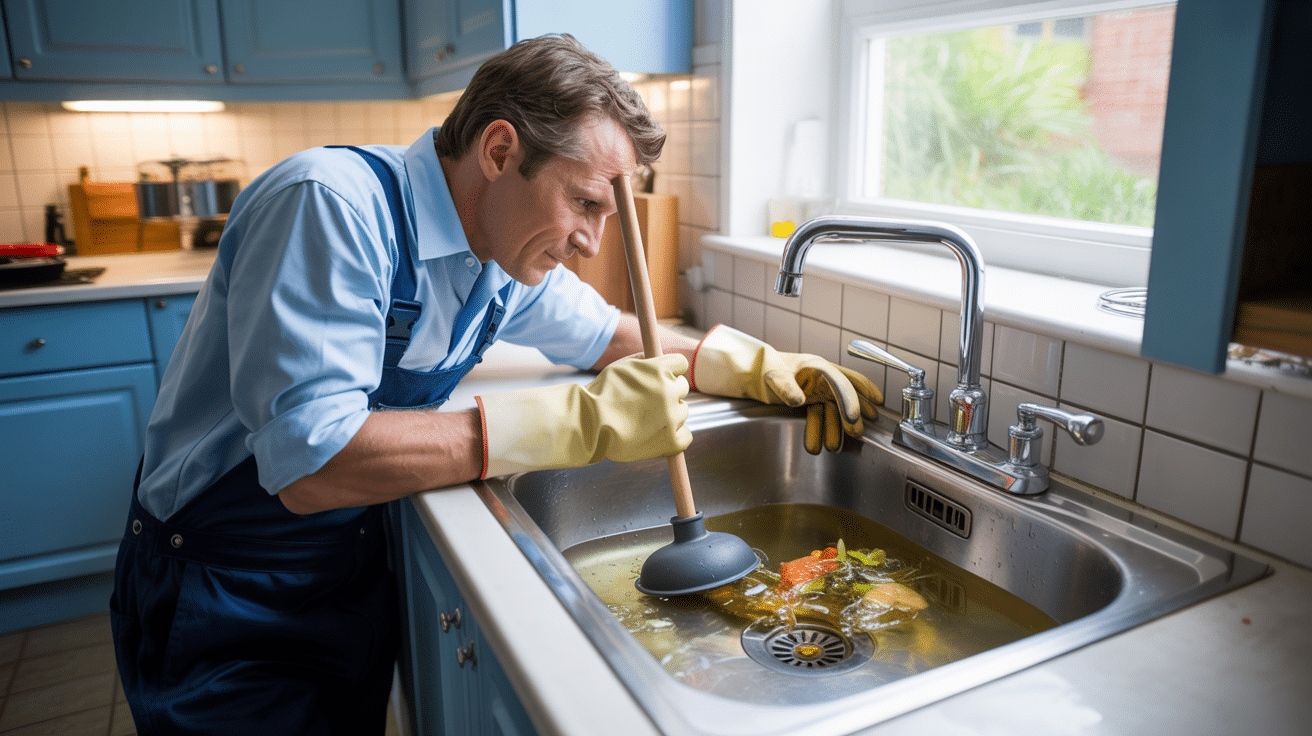
Some red flags loom large; others lurk under the radar. Watch for these signals:
- Uneven hot water or fluctuating shower temperature: A warning sign for scale in heating elements or radiators.
- Noisy boiler operation: Whistles, bangs, or “kettling” point to scale inside system components.
- Frequent appliance breakdowns: Repeat faults with heaters or white goods are often linked to unnoticed limescale build-up.
- Unusually fast limescale return: If surfaces re-foul soon after cleaning, your mineral load is high and the whole system is likely compromised.
- Mysterious water pressure drops: Growing blockages might be partially closing pipes—a major risk for leaks and failures.
Recordkeeping strengthens your case when problems or disputes crop up. A digital record of inspections, photos, and service logs—like those kept by All Services 4U—can save you hours (and pounds) in end-of-tenancy wrangling.
The properties that avoid emergencies are often those where vigilance is documented, not just claimed.
Does Professional Maintenance Actually Reduce Limescale Damage and Unexpected Costs?
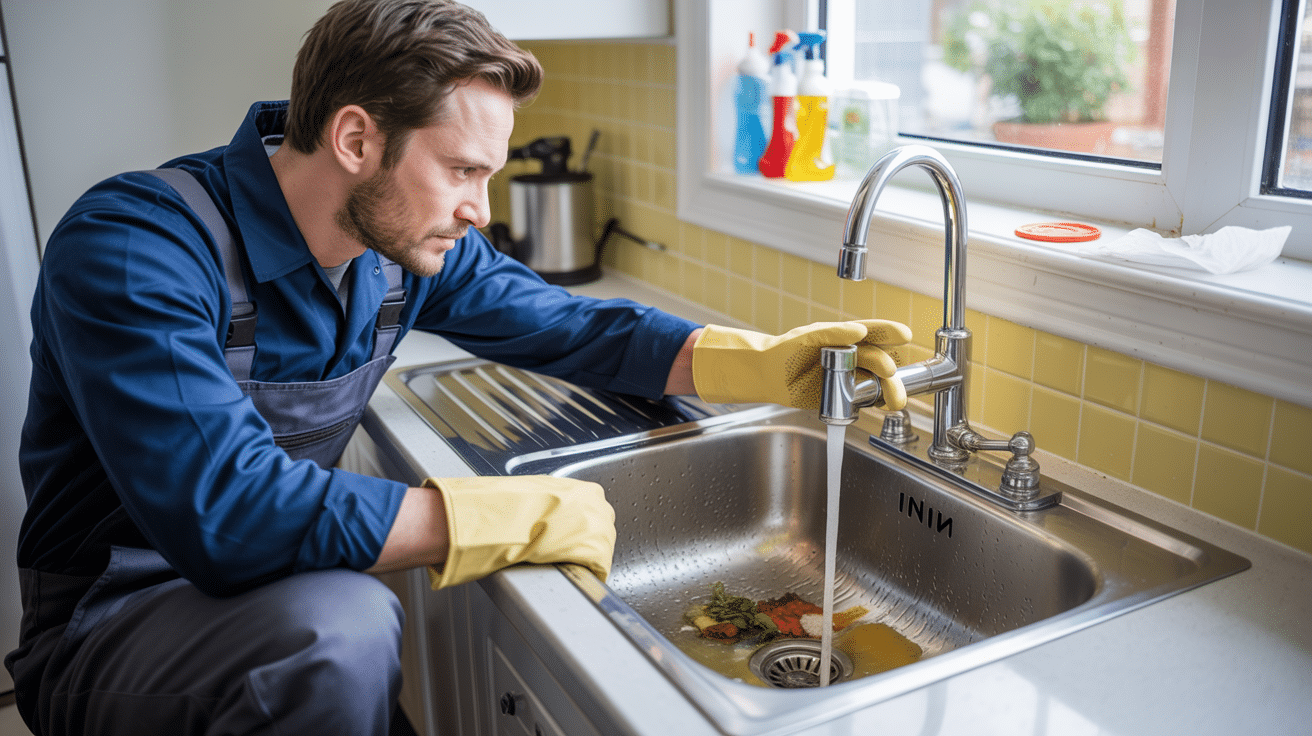
Landlords with regular, professional support see the wins—fewer breakdowns, smoother compliance, and improved tenant retention. But why does professional maintenance make such a difference?
- Big-picture diagnosis: Engineers don’t just spot scale, they look for related faults and see how one minor issue can snowball into larger problems.
- Legal proof: Every completed task is logged and timestamped, so you can show not just that you acted, but that you acted quickly and correctly.
- Synergy of cost and compliance: Stay ahead of regulations and keep expensive systems running longer.
- Stronger tenant relationships: Proactive support means less frustration, more trust, and loyalty you can build on at re-sign time.
Landlords partnered with All Services 4U see a typical 20–30% reduction in unplanned repairs—and the bonus is fewer sleepless nights spent worrying about “what might break next.”
The real secret to risk control? Get ahead, stay systematic, and back every move with documented evidence.
Book All Services 4U Today for Hard Water Solutions That Pay Off
Property ownership doesn’t have to be a never-ending battle with mystery repairs and unhappy tenants. With All Services 4U on your side, you turn uncertainty into control—certified, multi-skilled tradespeople handle your water woes before they snowball.
Our transparent schedules, digital maintenance records, and hands-on, problem-solving mindset mean you spend less time firefighting and more time growing your portfolio. From the moment you book, you’re investing in more uptime, stronger profits, and asset protection that lasts.
A property with hard water problems is a property with a solution—you just have to take the first step.
Ready to ditch limescale drama for peace of mind and measurable savings? Book your expert assessment or ongoing care with All Services 4U today. Your property—and your bank balance—will thank you.
Frequently Asked Questions
Why does hard water quietly undermine rental property performance—for both landlords and tenants?
Hard water causes a silent but steady decline in rental property performance, reliability, and reputation, affecting everything from internal systems to tenant satisfaction. The mineral-rich water found across London, East Anglia, and much of the Midlands leaves limescale that gradually accumulates inside boilers, pipes, and appliances. This buildup isn’t visible at first, but its impact is sooner felt—higher energy bills, sluggish showers, radiators with cold spots, and appliances that wear out before their time. High-turnover rentals and multi-let properties are hit hardest, with limescale accelerating wear and inflating operational costs while confidence and comfort quietly slip away.
Every overlooked trace of scale is an IOU against your property’s future performance.
How does hard water betray even careful management?
- Thin scale layers quickly form on heating elements, increasing energy usage with zero outward warning.
- White marks come back on taps and tiles days after a clean—especially in London, Cambridge, and Birmingham.
- Hot water takes longer, boilers “kettle”, and tenant requests for repairs quietly rise.
- Portfolio managers notice warranty rejections, shorter asset life, and more tenant disputes—yet systemic faults remain largely hidden until breakdown.
Why can’t tenants solve the limescale problem themselves?
Tenant cleaning routines manage only what’s visible. True protection—against internal scale in heating, plumbing, and hot water systems—depends on landlords fitting inhibitors or softeners, recording interventions, and staying ahead of the problem. Proactive attention shields comfort, reputation, and retention; neglect quietly invites higher expenses and legal headaches.
Where does limescale inflict its greatest financial and operational damage on rental portfolios?
Limescale’s top-down impact on cost and reliability begins subtly. Over just a few months, a thin film inside heat exchangers and pipes forces systems to consume up to 12% more energy per cycle (Waterwise, 2023). Unchecked, this multiplies across boiler, washing machine, and dishwasher usage. An industry analysis revealed that properties in untreated hard water areas replace appliances on average 30% faster than those with preventive care.
Limescale’s true cost is hidden—not in any single repair, but in your year-end bills and lost rental months.
What are the hidden financial risks?
- Heating and hot water inefficiencies ratchet up utility costs without alerting anyone until annual reviews.
- Appliances run hotter and longer, failing sooner—especially in HMOs where turnover and demand crush the expected lifecycle.
- Blockages and pressure drops break both tenant experience and review score averages.
- Warranty and insurance claims denied for internal scale, shifting full liability onto owners.
How can landlords fight back against these silent costs?
Inline inhibitors and softeners are affordable defences, but documentation is the great multiplier—regular service records, photo logs, and tenant guidance tools keep both costs and surprises at bay. Well-documented prevention averts disputes and maximises asset value—unlocking better reviews, longer leases, and reduced emergency calls.
What compliance and liability pitfalls stem from neglecting hard water management in UK rentals?
Legal obligations shadow every landlord and managing agent: under the Landlord & Tenant Act and Homes (Fitness for Human Habitation) Act, letting out property “fit for habitation” means maintaining water systems, heating, and appliances to a safe, reliable standard. When limescale clogs a boiler or erodes water flow, it’s not just a technical failure—it’s a potential breach of duty. Local authorities and advocacy bodies now expect digital evidence: courts rarely accept tenant cleaning as a substitute for landlord-level control over systemic risk.
One missed service record can unravel years of careful reputation-building at a single tribunal.
What are standard compliance requirements—and where do landlords often stumble?
- Regular professional checks and documented maintenance of boilers, cylinders, and water systems.
- Proof of fitted inhibitors or softeners and clear service logs.
- Agreement terms that assign visible cleaning to tenants, but explicit system care (and troubleshooting) to landlords.
- Immediate response when tenants report lost hot water, low pressure, or appliance issues.
How do digital records and professional plans change the game?
Professional maintenance companies now offer cloud-stored service logs, timestamped photos, and automated checklists. Letting agents and insurers increasingly view these as industry standard—making compliance routine and disputes fast to resolve.
How can landlords and agents divide limescale tasks and document upkeep to avoid disputes or deposit deductions?
Sharp task division paired with robust recordkeeping is the difference between smooth tenancies and perpetual conflict. The most effective agreements make tenants responsible for visible care—wiping taps, regularly descaling small kettles, reporting recurring scale—while landlords and agents oversee systemic protection. Scheduled inhibitor fittings, annual boiler services, and quick intervention on reported issues should all be logged digitally. In fact, new UK-wide surveys show properties using this dual approach, with transparent photo evidence and cloud-based logs, resolve 31% more deposit queries before they become combative.
Clarity on roles and proof in the process make all the difference at check-out.
What practical systems keep both sides safe?
- Tenants: Routine surface cleaning every few weeks, submitting dated photos as needed.
- Landlords/agents: Schedule and log inhibitor checks, annual servicing, and provide written cleaning guidance.
- Both: Use a shared inspection log—ideally a cloud photo app—clearly marking tenant wear vs. neglect, and landlord-level interventions.
What’s the impact on turnover and reputation?
Agents and property owners with this transparent, task-split approach routinely report smoother end-of-tenancy transitions, stronger tenant relations, and reduced outage periods between lets. Digital service records close the loop on any ambiguity.
Which prevention methods best balance up-front cost with long-term savings for landlords and portfolio managers?
The most cost-efficient approach combines inline scale inhibitors, periodic digital audits, and professional servicing tied to compliance schedules. Basic magnetic or electrolytic inhibitors can be fitted for as little as £50–£120, offering quick wins—while larger, high-usage portfolios benefit from installing full-home or commercial water softeners, which, although more expensive (£400+ plus instal), extend the life of all appliances and plumbing tenfold. But the “force multiplier” for ROI is digital documentation: a well-maintained, fully logged system becomes evidence for compliance, warranty, and deposit negotiation, magnifying every pound invested.
A simple inhibitor plus cloud-based record saves more than its cost—often with the very first callout averted.
What does a landlord’s optimal prevention stack look like?
- Inline scale inhibitors: Positioned at property entry; check WRAS and installer credentials.
- Professional digital service logs: Timestamp every intervention, especially inhibitor checks and system flushes.
- Annual or mid-term services: Bundle asset checks with preventative refreshers; log findings and resolutions.
- Tenant education: Send a one-page cleaning and reporting guide with every new lease.
How does this strategic approach shift real costs?
Properties that combine inhibitors, annual checks, and digital record-keeping report up to 28% fewer emergencies and 20–25% higher long-term asset valuations. For agents and landlords, this means lower vacancy, higher yields, and minimal deposit wrangling.
How fast do hard water issues turn into compliance breaches or financial loss—and how can landlords stop escalation early?
In hard-water regions, scale can escalate from invisible inconvenience to actionable damage in eight weeks or less. Warning signs—like boiler noise, quick-returning white stains, or weakened water flow—are easy to miss, but they’re the crucial first red flags for urgent intervention. Landlords who ignore early signals risk “maintenance negligence” citations during inspections, deposit deductions, or even court-mandated compensation to tenants. The difference between a manageable fix and a costly dispute nearly always comes down to speed, documentation, and professional support.
The real cost isn’t in the scale itself—it’s in letting warning signs linger until they trigger legal or financial fallout.
What are the first warnings that demand a rapid response?
- Kettling noises or bubbling in heating systems
- White scale returning just days after a thorough clean
- Frequent appliance resets or slow hot water
- Tenants reporting any drop in water performance or repeated cleaning inefficacy
Best response protocol for landlords and managers:
- Book a professional service at the earliest sign—not after multiple tenant complaints.
- Digitally log every action (with photos) as both a compliance and dispute shield.
- Prioritise late-summer and pre-winter checks—peak times for avoidance of major issues.
This proactive rhythm is routine for professional firms like All Services 4U, keeping risk contained and reputation intact across both single lets and large portfolios.
In what ways do property maintenance specialists like All Services 4U give landlords a strategic advantage against hard water risk?
Professional property maintenance companies change the whole paradigm—they don’t just react to problems, they actively futureproof properties. All Services 4U’s teams handle inhibitor and softener installation, system flushing, digital evidence logging, and routine compliance checks that remove guesswork for landlords and let agents. Their digital-first approach means no more scrambling for records during deposit disputes or inspections: every maintenance act is timestamped, photo-logged, and seamlessly shared with landlords, tenants, and agents. Clients report annual average savings of £900–£1,300 per property (internal data, 2023), attributed to avoided callouts, smoother lease transitions, and asset life extension.
Smart landlords win on data, speed, and systemized care—not just on price or quick fixes.
What unique support layers do professional firms inject?
- Risk assessment: Thorough system audits turn invisible threats into scheduled, manageable tasks.
- Evidence-built compliance: Cloud-based logs and visual timestamping provide unarguable proof in disputes.
- Tenant and agent comms: Proactive guides, reminders, and handy checklists remove confusion and doubt.
- Cost protection: Documented, systematic care reduces emergency bills and fortifies budget planning year-round.
Agents and landlords ready to transform their approach can arrange a hard water risk assessment or full-service care plan—securing not just their physical assets but also the trust of tenants and stakeholders for years ahead.



